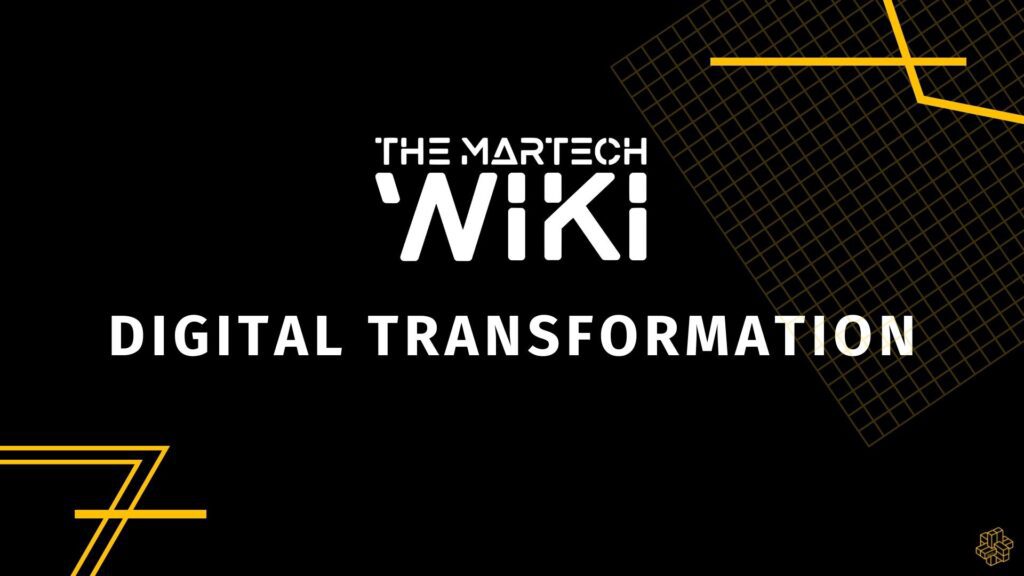
What exactly is digital transformation? Is it easy to shift from the traditional business methods we’ve long relied on? Can companies still convey their unique value effectively while embracing new technologies?
These are the kinds of questions facing businesses – large and small – as they navigate a world of rapid technological change. With every passing day, innovation reshapes how industries operate, and businesses must evolve to remain competitive and relevant.
Digital transformation refers to the integration of digital technologies into all areas of a business, fundamentally changing how it operates and delivers value to customers. It’s more than just adopting digital marketing or moving files to the cloud – it’s about rethinking business models, customer experiences, and internal processes from the ground up.
Take social media as an example. Platforms like TikTok or Instagram aren’t just tools for entertainment – they are now essential for how businesses engage with their customers, especially younger demographics. These platforms use advanced algorithms to deliver highly personalised content, enabling businesses to reach and interact with audiences in real time. While the prospect of adopting digital tools – such as data analytics, artificial intelligence, cloud computing, or automation – can seem overwhelming, the benefits are substantial. As of July 2025, 63.9% of the global population is active on social media. This is not just a marketing opportunity; it reflects a broader digital culture that businesses must align with in order to meet customer expectations.
Is it easy to pivot from traditional methods like manual processes, face-to-face communication, or paper-based systems? For larger organisations with greater resources, the shift can be relatively seamless – often resulting in improved efficiency, expanded market access, and enhanced customer satisfaction. However, smaller businesses can gain just as much. Digital transformation frequently reduces overheads, streamlines operations, and frees up time for more strategic work.
One of the most valuable aspects of digital transformation is the ability to utilise real-time data. By analysing performance, tracking customer interactions and adapting quickly to market trends, businesses can make smarter decisions with greater speed. This responsiveness boosts customer retention, improves agility, and strengthens competitiveness.
In conclusion, digital transformation is not merely about adopting new tools – it is about preparing your business for the future. As global connectivity continues to rise and technology reshapes consumer expectations, those who embrace transformation will be best placed to lead and grow.
Digital transformation isn’t a passing trend – it’s the foundation of long-term success in the modern age.
By: Matthew Lin













